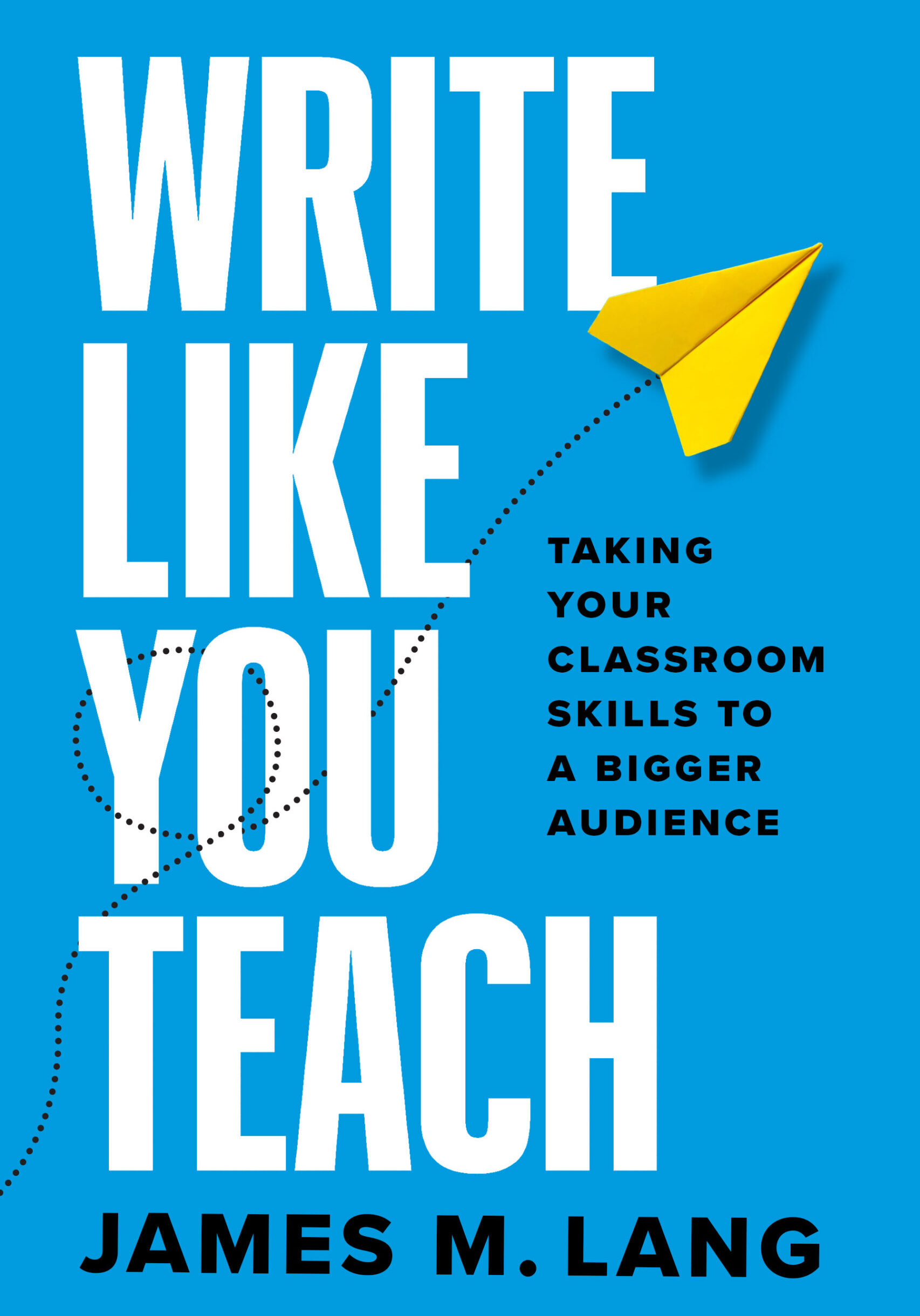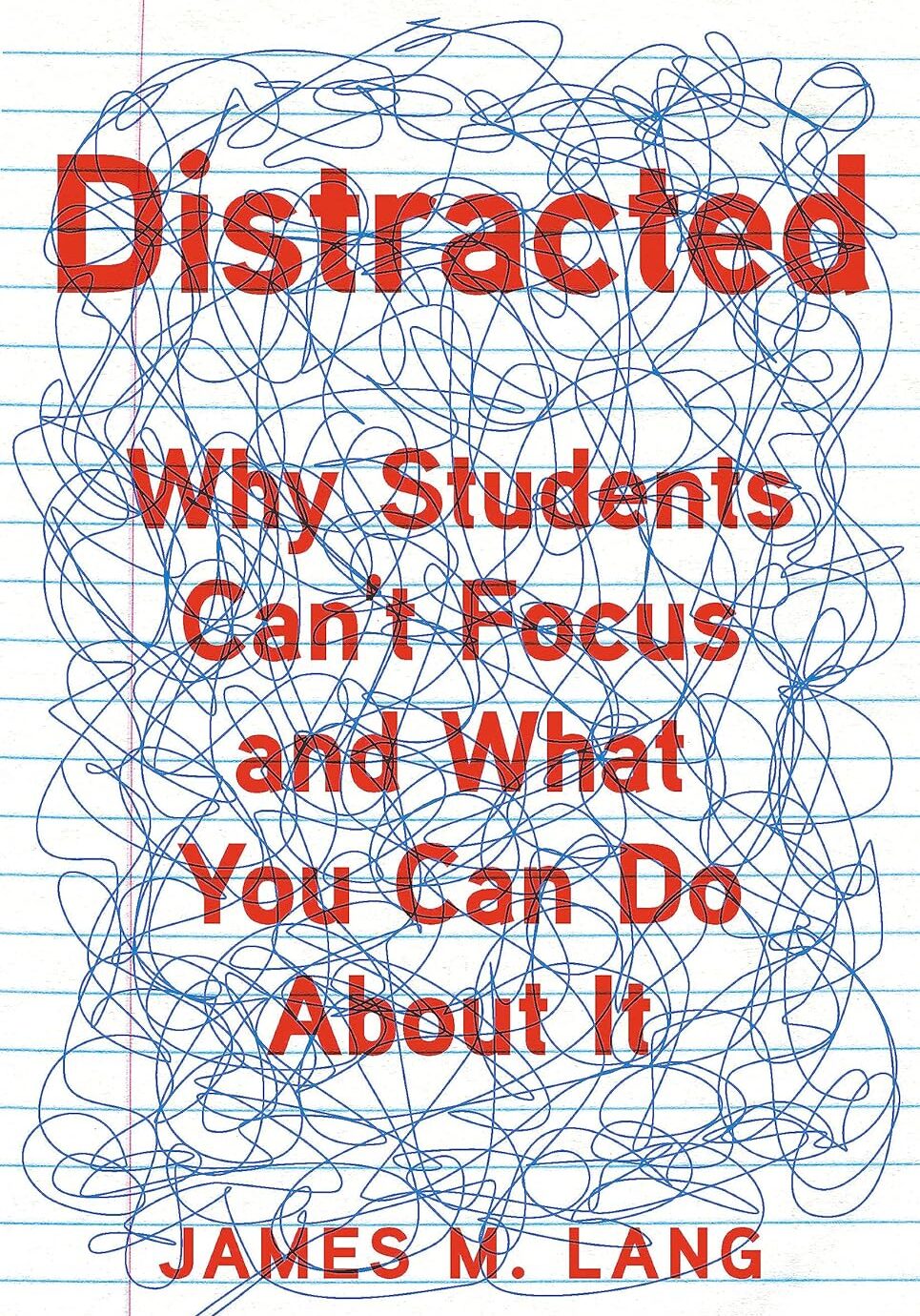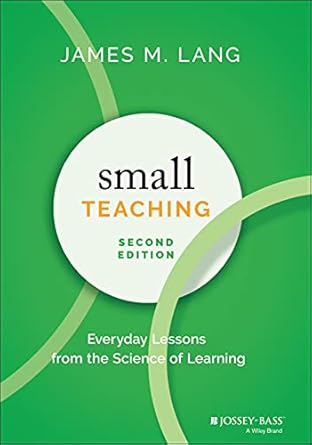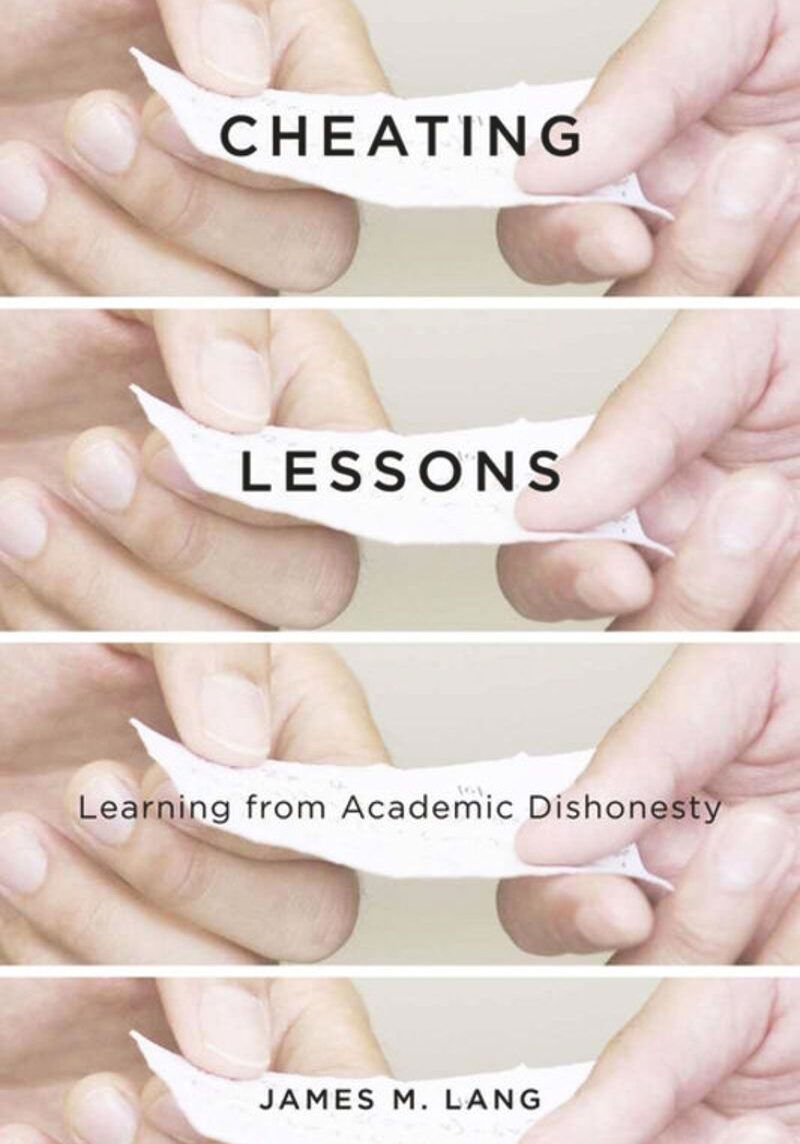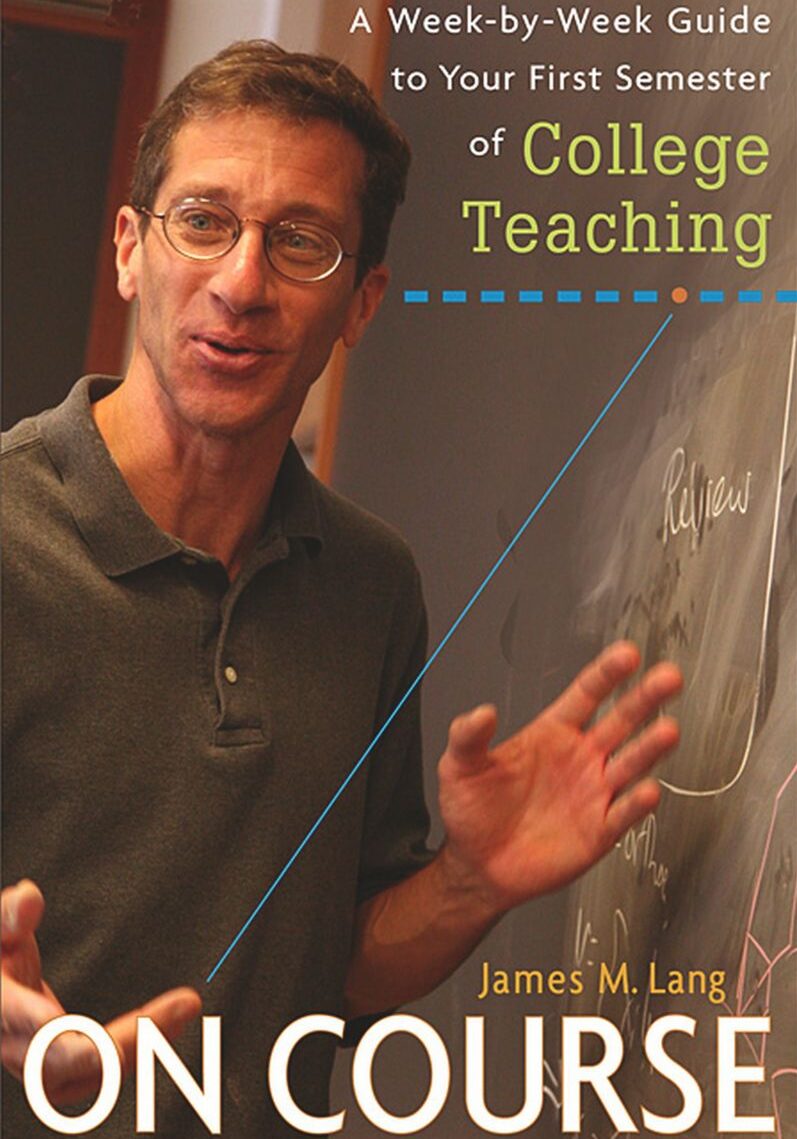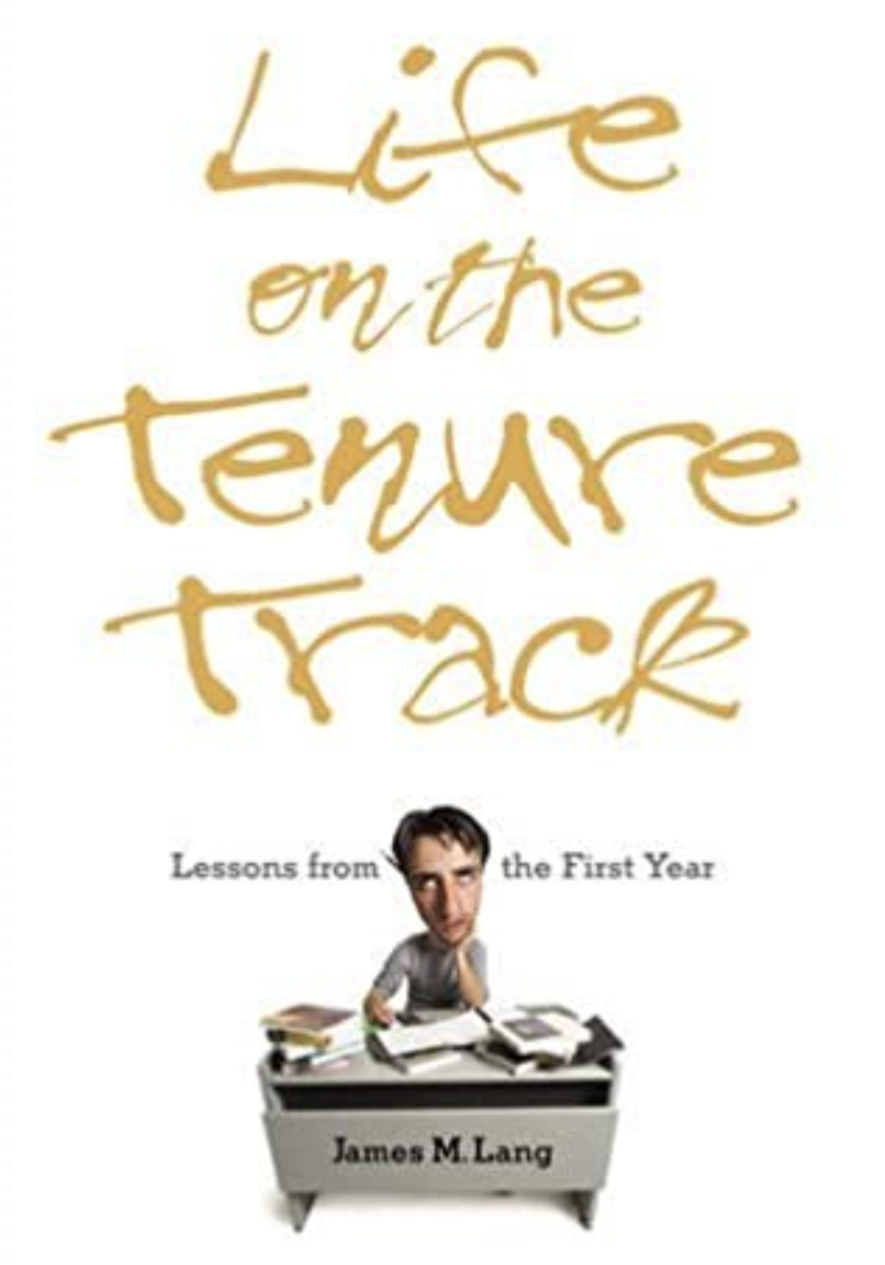Teacher-Scholar Forum
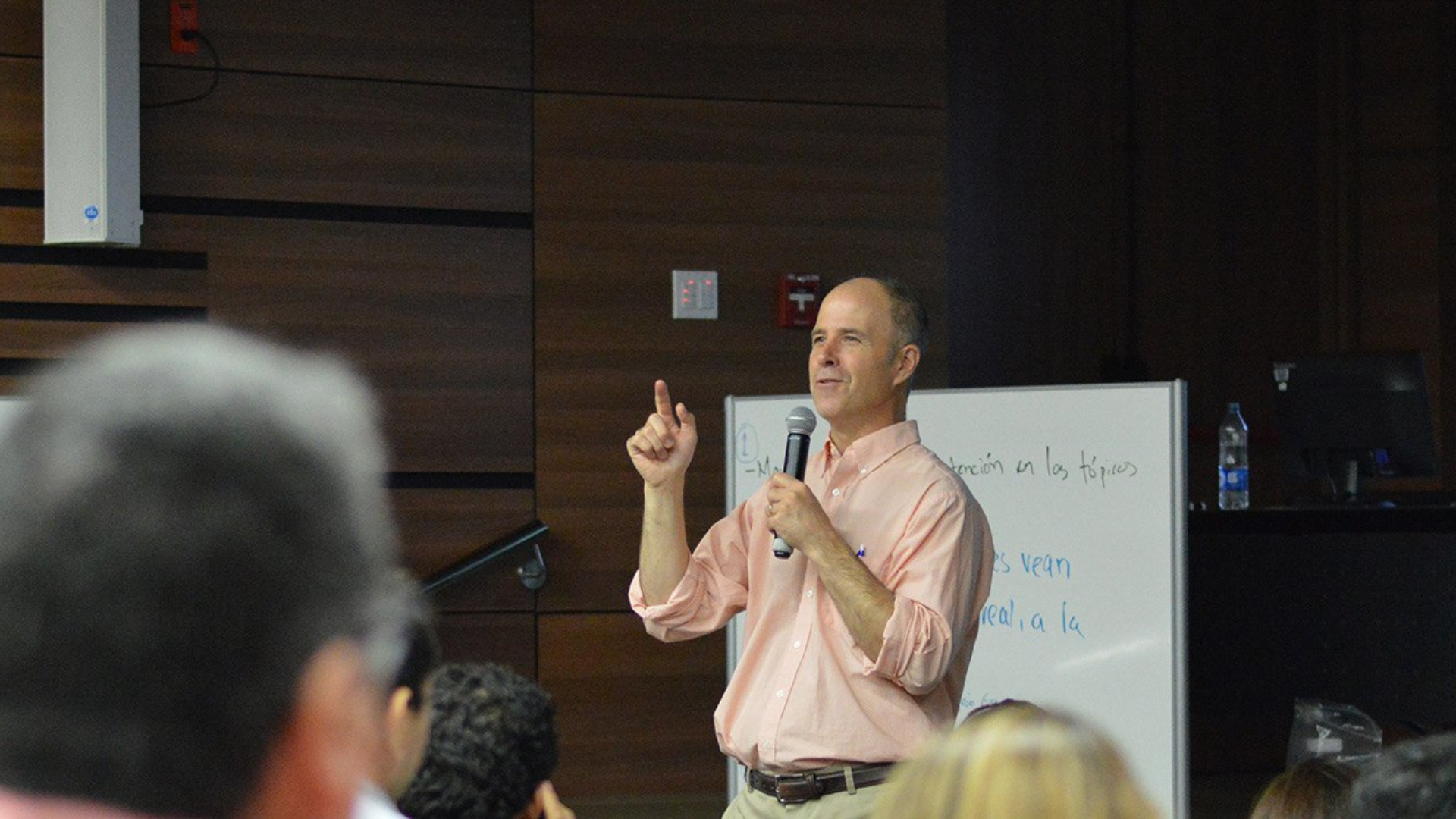
April 29-30, 2025
Featuring James Lang
This is an archive page of a past event.
Please join us for our inaugural Teacher-Scholar Forum on April 29th and 30th. Inspired by the CAT’s Inclusive Teaching Conference and made possible through a partnership with the Office of the Provost and the Office of Research and Sponsored Programs, this annual event will bring together faculty from across our schools to learn together and celebrate the teacher-scholar ideal.
This year, we are delighted to welcome James Lang to campus. The author of many books beloved by Wake Forest faculty, Jim’s most recent work challenges us to apply our teaching skills to our writing—perfectly embodying the teacher-scholar ideal these forums aim to support.
In addition to the main events on Tuesday and Wednesday, Jim will be offering a pre-conference workshop for a limited number of participants on Monday afternoon. Register now to reserve your seat!
About Jim
James M. Lang, Ph.D. is a Professor of Practice at the Kaneb Center for Teaching Excellence at the University of Notre Dame. He also holds the title of Emeritus Professor of English at Assumption University, where he founded and directed the university’s teaching center.
He has written over 250 columns on teaching and learning for The Chronicle of Higher Education since 1999 and is the author of six books, the most recent of which are Distracted: Why Students Can’t Focus and What You Can Do About It (2020), Small Teaching: Everyday Lessons from the Science of Learning (2016), Cheating Lessons: Learning from Academic Dishonesty (2013), and On Course: A Week-by-Week Guide to Your First Semester of College Teaching (2008). His newest book, Write Like You Teach: Taking Your Classroom Skills to A Bigger Audience, will be published in early April.
He has a BA in English and Philosophy from the University of Notre Dame, an MA in English from St. Louis University, and a Ph.D. in English from Northwestern University.
Schedule
Monday, April 28th
Pre-Forum Workshop
Learning from AI: A Small Teaching Experiment
When Notre Dame computer scientists invited Jim to help develop an AI coach for educators trained on Small Teaching, he was skeptical. But he also saw it as an opportunity to learn more about AI by playing the role of naive questioner with a group of experts. In this workshop, Jim will introduce the prototype and reflect on what he learned from the collaboration. Participants will gain insight into what they should and should not fear about AI in education and explore opportunities to replicate similar projects with students.
3:30 PM-5:00 PM | Pugh Auditorium
Tuesday, April 29th
Teacher-Scholar Forum, Day 1
Check-In, Breakfast, & Book Sale
Join us for coffee, tea and light breakfast offerings of mini pastries and fruit while you check in at our welcome table and browse a selection of Jim’s books available for purchase.
8:30 AM-9:00 AM | Farrell Hall, A27/A28
Opening Remarks from Provost Gillespie
We have asked Provost Gillespie to open the day with an encore delivery of her March 5th Annual Address to the University. If you could not attend that event, or would appreciate hearing her message again, we encourage you to join us at 9:00 AM.
9:00 AM-9:45 AM | Broyhill Auditorium
Distracted: Supporting Student Attention in a Technological Age
As new technologies become increasingly intertwined with our daily work as educators, we are learning disturbing lessons about the costs of attention loss in our lives and the lives of our students. Digital technologies like smart phones can hijack our attention, while artificial intelligence technologies promise to make it redundant. The most important education that students might need for the future will be focused on why and how they should take control of their attention and use it to achieve meaningful learning goals. Drawing ideas from philosophy, psychology, and educational practice, this talk will present creative strategies that teachers can use to enhance their courses, assessments, and classroom experiences with the power of attention.
10:00 AM-11:40 AM | Broyhill Auditorium
Lunch
Join us in Sutton Center for a relaxed buffet lunch.
11:50 AM-12:50 PM | Sutton Center, C407
Cheating Lessons: Learning from Academic Dishonesty
When students engage in academically dishonest behaviors, they may be responding to subtle pressures in the learning environment that interfere with deep learning and nudge them toward cheating. This session provides an overview of the various pressures that push students toward academic dishonesty, proposes pedagogical practices that reduce the incentive and opportunity to cheat, and invites discussion about how to build a campus culture of academic integrity.
1:00 PM-2:30 PM | Broyhill Auditorium
Ask Jim Anything
Have a burning question about teaching, learning, or the future of higher education? Join us for an “Ask Me Anything” session with Jim, facilitated by Assistant Provost and CAT Executive Director Betsy Barre.
2:45 PM-4:00 PM | Broyhill Auditorium
Humanities Institute Spring Symposium Keynote Address
Our colleagues in the Humanities Institute have shifted the venue for their Spring Symposium so that all participants in the Teacher-Scholar Forum can easily attend the keynote. This year, they are bringing Jennifer Ruth to campus to speak about recent threats to academic freedom in higher education. You won’t want to miss this!
4:30 PM-5:45 PM | Broyhill Auditorium
Reception & Book Sale
Connect with colleagues over drinks and light hors d’ oeuvres and browse a selection of Jim’s books that will be available for purchase.
5:45 PM-6:30 PM | Farrell Hall Terrace
Wednesday, April 30th
Teacher-Scholar Forum, Day 2
Check-In & Breakfast
Check in at our welcome table and Join us for a sit-down breakfast buffet.
8:00 AM-9:00 AM | Sutton Center, C407
Welcoming Remarks
9:00 AM-9:15 AM | Sutton Center, C407
Write Like You Teach: Taking Your Classroom Skills to a Bigger Audience
Are you engaged in research that deserves to find a wider audience? Would you like to cross over the border between writing for your disciplinary peers and writing for more public audiences? This interactive workshop argues that the way to establish these goals is to draw upon our hard-won wisdom as teachers to create better learning experiences for readers. This approach draws lessons from Jim’s work as a book series acquisition editor, his multiple books aimed at general academic audiences, and his dozens of published magazine and newspaper essays. Participants will learn about the power of questions to drive writing projects, the use of evidence in public writing, and the importance of developing a unique writing voice. They will also have the opportunity to practice these skills briefly both in conversation and in writing during the session.
9:15 AM-12:00 PM | Sutton Center, C407




